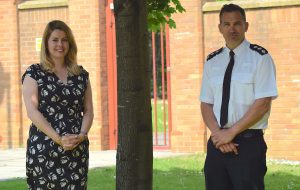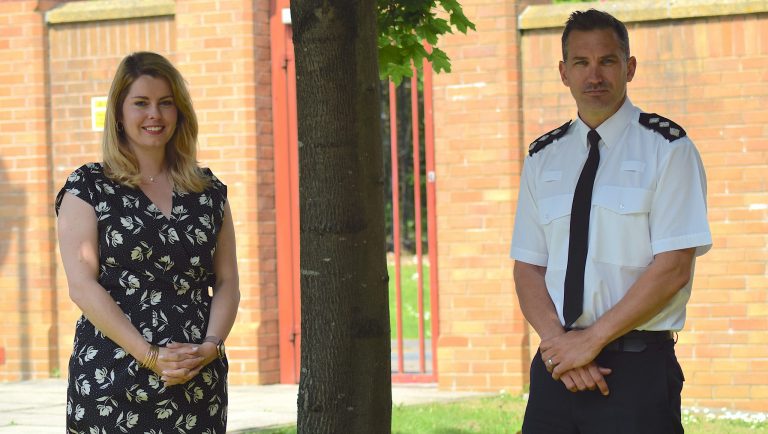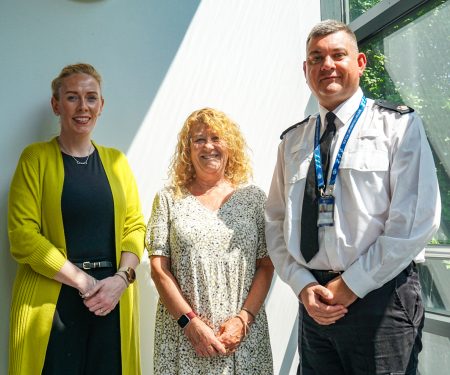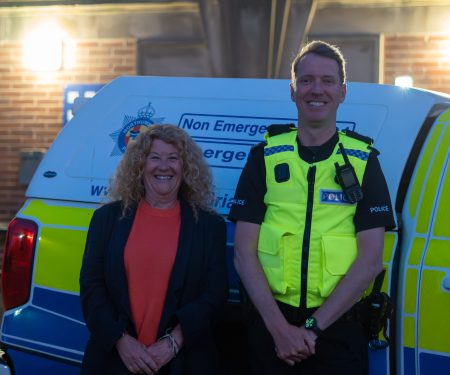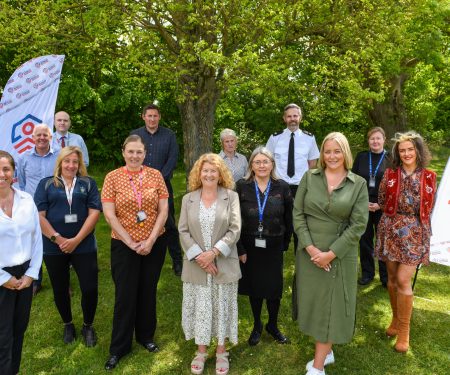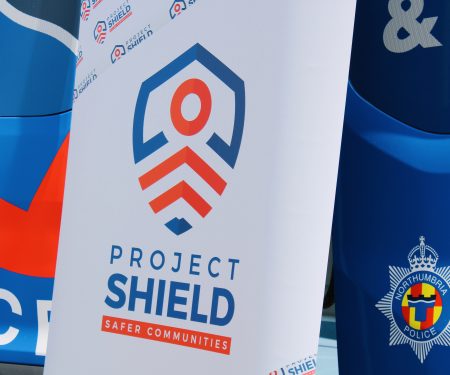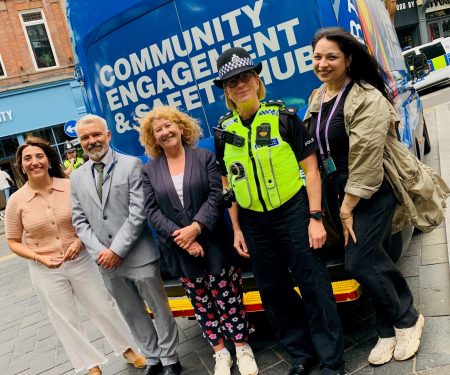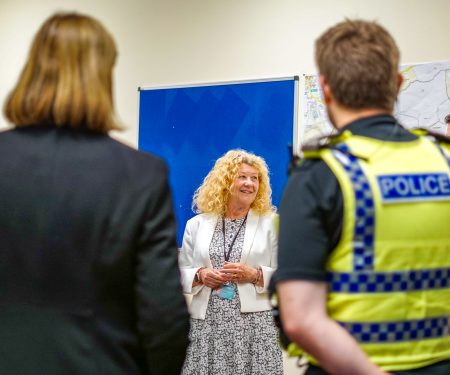Young offenders at risk of slipping into a life of crime are being steered away from the courts and down a new pathway as part of a new revolutionary project.
Under a diversionary scheme being piloted in the area, teens caught up in criminal activity will be diverted back in to education, training and peer mentoring, rather than enter the justice system – where they could risk being convicted and ruining their futures.
The move is being spearheaded by the Force’s Prosecution and Victim services team, alongside partners from the Violence Reduction Unit (VRU) all six local authorities and Youth Justice services. Together the partners have been guided and assisted by The Crown Prosecution Service.
Chief Inspector Rob Bosson, who has been instrumental in rolling out the scheme, said the main aim was to make a meaningful difference in young people’s lives, while reducing demand on the criminal justice system.
He said: “We know factors such as poverty, trauma, and mental health can all have an impact on a young person’s life and make them more likely to come into contact with the police.
“But we also know the right intervention can make all the difference. The preventative measures, including diversion schemes set up and supported by the police forces across the country, are reducing the number of children entering the criminal justice system – so why not replicate it for young adults and offer them another chance?
“In a lot of circumstances, putting first time offenders and young people before the courts has a detrimental effect as the stigma associated with it can make it difficult for that person to find a job, stay in education and make a positive contribution in their local community. This in turn can cause reoffending, and the spiral goes on and on.
“Our communities can be assured this scheme is not a get-out-of-jail-free card for those continually breaking the law or wreaking havoc. It’s a robust new system which ultimately looks at what is best for that young person as well as what’s in the public interest.
“If and when a person is eligible, a panel of experts will work together to make a decision on whether an out of court disposal, such as mentoring, education or counselling could serve as a better outcome for that individual.”
Families will also be an integral part of the process, with access to support services and counselling on offer to tackle any root causes which may be behind offending.
Another driving factor behind the scheme is to help free up officers and the courts, making way for more serious offences to be heard more swiftly.
Ch Insp Bosson added: “If a panel decides to send a young person on a mentor scheme, instead of issue a court summons, that’s not only a better outcome for that individual who can now benefit from their experience with law enforcement, but it also helps officers and the courts to focus on bringing more serious perpetrators to justice and safeguarding their victims.”
Northumbria Police and Crime Commissioner Kim McGuinness added: “It is vitally important that we break the cycle of criminality and give young people in particular a chance to avoid a life of crime, and strong role models with lived experience of turning lives around is a key part of that.
“That’s why I am proud to be backing our police by introducing new Youth Navigators later this year. They will work directly with young people and their families to address the root cause that led them to commit crime.
“If we stop young adults going on to commit more crime we can free up our police to get on with the job of keeping us safe.”
Young people who commit serious offences, continually fall foul of the law or who are arrested and kept on remand will not be eligible for an out of court disposal.
